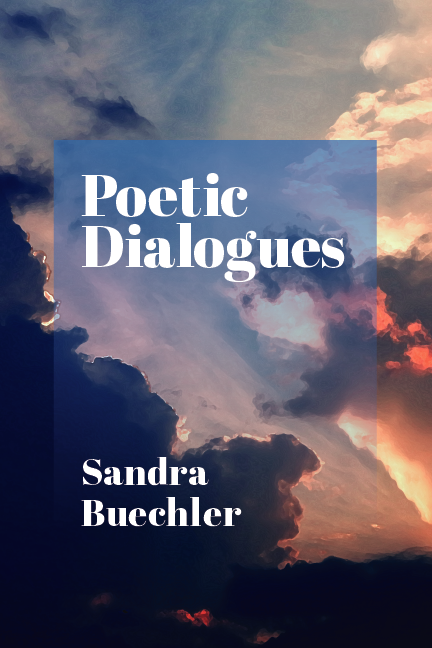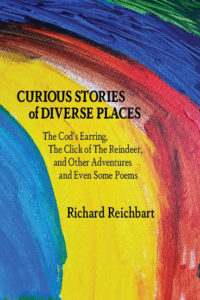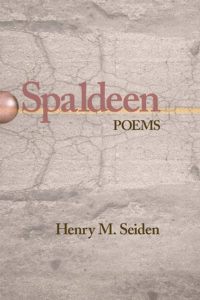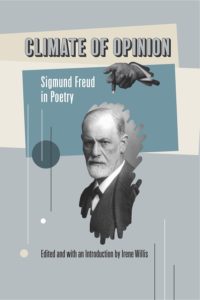Poetic Dialogues by Sandra Buechler
$25.95
From the first chapter of Poetic Dialogues:
“…overnight we could be orphaned
& the world become a hell we’d crawl inside…”
Flynn, N, “Sudden.” In: The Art of Losing: Poems of Grief and Healing, 2010, ed. K. Young. NY, Bloomsbury, USA, p.26.
A similar sense of fragility is conveyed by N.S. Nye (1995) in the poem “The Art of Disappearing” (In Moyers, 1995, p.323) in which our lives are likened to leaves which can tumble down at any point. The poet challenges us to hold onto the feeling of being a leaf as we decide what to do with our time.
I came back to these quotes a few weeks into the Covid 19 crisis of 2020. They seemed almost too apt to bear, as I struggled with quarantine’s privations and uncertainties. And yet reading them was also comforting, because, implicitly, they said someone (the poets) understood and even found words for an all-encompassing nightmare. I was still terribly worried but less lonely.
What gave these lines the power to affect me this way? We could imagine the fact that these are lines from poems is not relevant, and if they were written as lines of prose they would have the same impact. That may be so, but I think it is unlikely that they would be written in prose. At least for me, poets are the ones who most often “nail” what it is like to be human. Many do it so economically that they startle me into consciousness of something I almost, but not quite, already knew.
Poetry marries its ideas with its rhythms. Its impact is a product of both, as well as other factors. Edward Hirsch (1999, p. 6) describes how readers complete the poem, bringing their own life experience to it. He declares that “You are reading poetry- I mean really reading it- when you feel encountered and changed by a poem, when you feel its seismic vibrations, the sounding of your depths.” Hirsch goes on to write about the hypnotic effect of the rhythms and alliteration in some poems. Being impacted on several levels at once is very familiar to me, from my experiences as a psychoanalyst. I have always believed that there is an exponentially greater effect of any experience that simultaneously moves our minds and hearts, and reaches our conscious and non-conscious selves. For example, the power of many analytic interpretations stems from their content as well as the way analyst and patient are living out the (transferential) meaning of the content (even before that transferential level is made conscious). That is, if I am the analyst, and I interpret something in the patient’s behavior as “passive,” the power in the interpretation will be much greater if the patient and I are living out something about the dimension of passivity/activity as we speak. And that power is further enhanced when all the levels get interpreted (eventually). Experiences on several levels at once have dimensionality, or, as some of my supervisors would say, “legs.” I think good poetry has legs.
Poetry lives on many thresholds-between ideas and feelings, known and unknown, poet and reader, poet and other poets, poet and other observers of human beings. Its status as a permanent visitor allows it to speak with more than one accent. Put another way, it does not owe its total allegiance to reason, or rules, or pure emotions, or any one realm. It straddles them all.
Just as an outsider (to a culture, or a family, or a profession) can sometimes see what insiders fail to register, so poetry notices what others miss. It sees the stars in ways that might not occur to the astronomer, and it sees human beings in ways that might not occur to other students of human behavior.
In stock




